One of the most often-overlooked aspects of owning a piano is tuning: it’s a necessary maintenance routine required to keep your piano functional. With time and regular use, pianos go out of tune and tuning keeps your piano sounding its best.
If you’re looking at having your piano tuned, it’s likely you’re wondering how much it will cost. The good news is that there are plenty of ways to have your piano tuned without breaking the bank. The cost to tune a piano varies based on multiple factors but on average, it costs about $100.
In this guide, we’ll reveal the costs involved with tuning a piano, explain why it’s vital to your piano’s maintenance and help you determine when it’s time to have your piano tuned.
Without further ado, let’s get started!
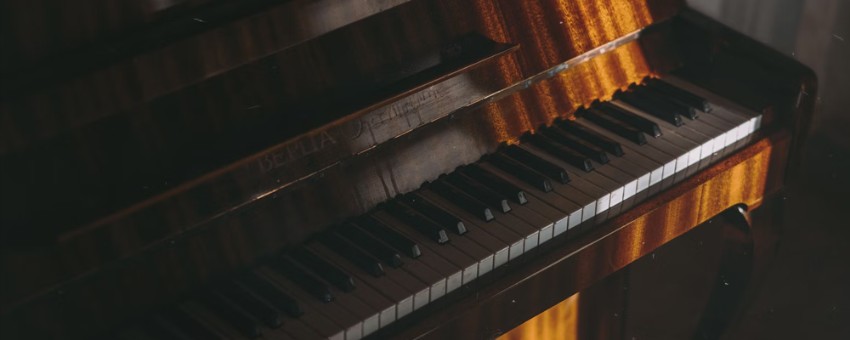
| What Does It Mean To Tune A Piano?
| What Does It Mean To Tune A Piano?
So, what exactly does it mean to tune a piano? Well, tuning a piano technically means adjusting the strings so that they have the right amount of tension to create the correct pitch. In other words, when tuning a piano, you are correcting the instrument so that it plays the right notes.
Pianos have a series of strings and in order for the piano to produce the right sound, those strings need to have the correct tension. As you play the piano, the strings become looser and when they lose their tension, they no longer play the correct pitch. On the flip side, if you let a piano sit without being played, the strings will also lose their tension.
Pianos can also go out of tune simply because of their environment. Different amounts of humidity can cause the strings to stretch and shrink, changing the pitch of the keys. Whether you’re playing your piano or not, you need to get it tuned regularly.
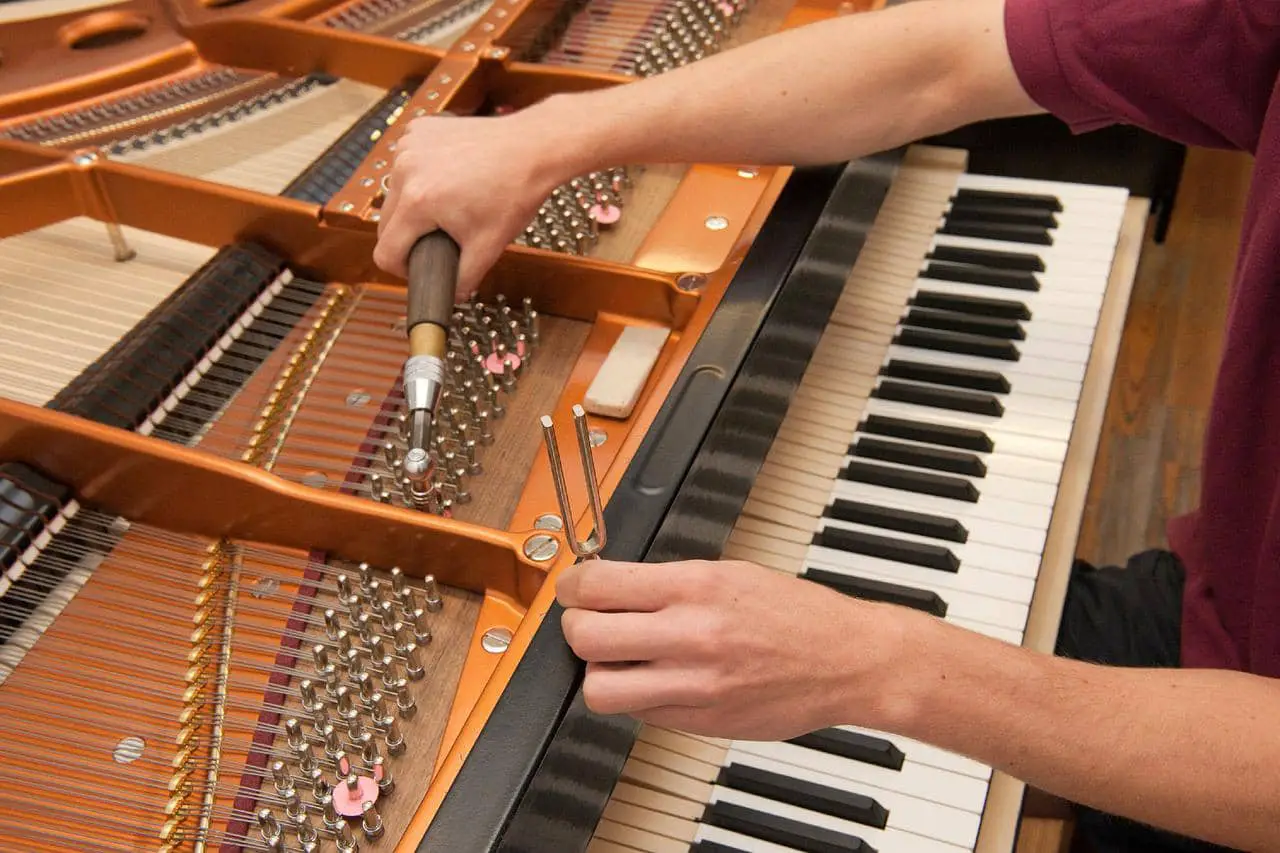
| How Often Does A Piano Need To Be Tuned?
The frequency with which you need to tune your piano varies based on a couple of different factors: how often you play it and the purpose for which you’re playing.
If you have a very discerning ear and play the piano frequently, you’ll likely notice when the piano’s pitch becomes less precise. Some concert pianists, for example, like to have their piano tuned before each performance.
Other pianists who play it less frequently can probably put up with a couple of wrong pitches here and there and only choose to have their piano tuned when there are very noticeable keys out of pitch.
If you are a typical piano owner, a good standard to abide by is to have your piano tuned at least once a year. This will keep your piano in good shape and the tuner can look under the hood to see if there are any other problems that have arisen over the past few months.
Even if you don’t play your piano, it’s a good idea to get it tuned once a year just so that it stays playable. Playing a severely untuned piano can damage the instrument.
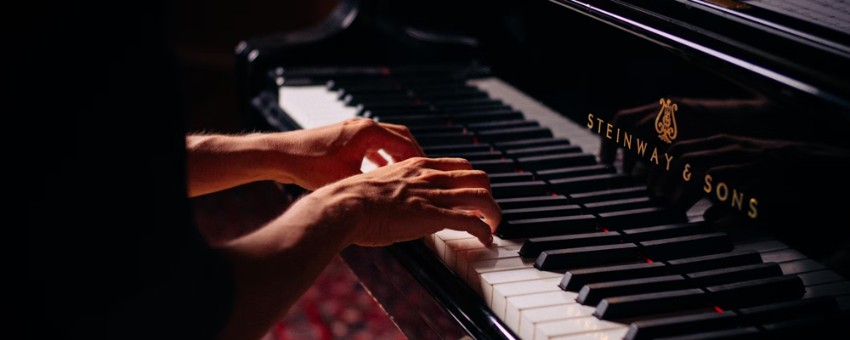
| How Much Does It Cost To Tune A Piano?
The cost to tune a piano varies based on multiple factors, such as location and the tuner’s years of experience, but the average cost to tune a piano is about $100.
If you live in a rural area, the base price might be a bit lower than the average, but you may have to pay for travel expenses. If you live in a more populated area, you likely won’t have to pay for travel expenses, but the tuner’s hourly rate will likely be higher than the average. Again, this price varies, so do your research before budgeting for a tune-up.
Tuning a piano takes around one hour, so that price may seem a little steep, but remember that tuning a piano requires skill, care, and attention, and there aren’t many people trained in the skill.
Typically before giving you a price quotation, a piano technician may ask you to fill out a form that cites details such as the type of piano you have, its age, the date when it was last tuned, and the general condition it is in.
Some technicians charge a flat rate for all repair services, some charge per hour, while others break down the price per action needed.
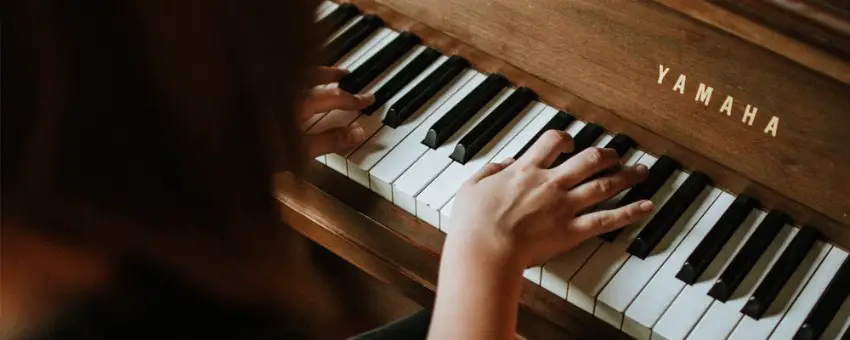
| How Do I Know If My Piano Has Gone Out Of Tune?
A well-tuned piano should sound clear and chords should sound harmonious. If your piano is out of tune, notes will sound wrong or off-key. This is particularly noticeable if you play in a group or with other instruments—you’ll notice something is off when playing along with other instruments that are tuned.
There are two basic ways to check whether or not your piano is out of tune: by ear and by using a tuner. The easiest way to do this is by ear; if something sounds off, then it probably is. However, if you’re having trouble identifying what part of the piano needs tuning (and this might happen if you don’t play very often), then we recommend using a tuner. A tuner will give you a reading on which keys are sharp or flat so that you can tune them accordingly.
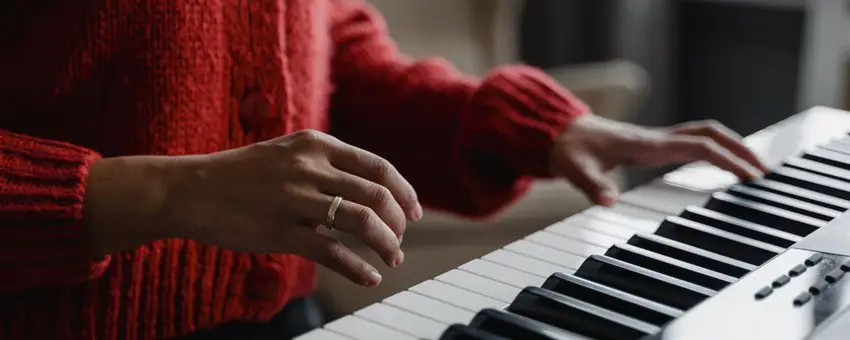
| Why Do Pianos Go Out Of Tune?
Some of the reasons that cause a piano to become out of tune are:
- Time
Over time, the strings of a piano can stretch and move. This ends up in the strings exerting uneven tension and become out of tune.
- Temperature
Most of a piano’s body is made from wood. Wood adapts to its environment and when in high humidity, it expands. When the soundboard expands, the strings are also stretched and can alter in pitch. Keeping your piano away from direct sunlight or fireplaces is advisable.
- Movement
A piano is best left immobile for as long as possible. It is not an instrument that should be moved around often. Unnecessary movement can cause parts to move, impacting the strings and changing their pitch.
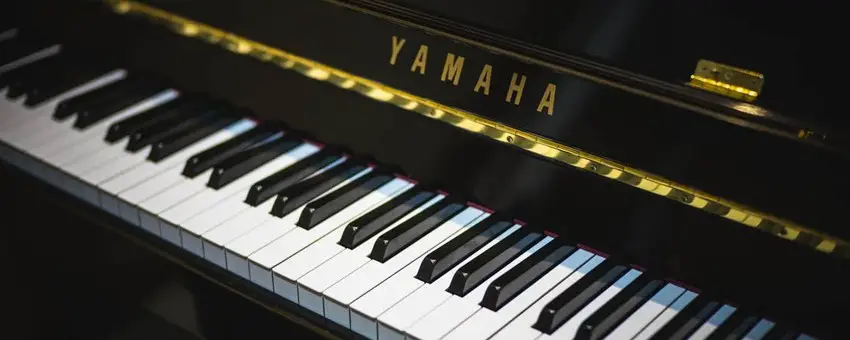
| Does Every Piano Need To Be Tuned?
If you have a certain type of piano, you might be wondering whether it needs to be tuned at all. Long ago, every single piano in production was an acoustic piano (one made with strings) and had to be tuned.
However, in today’s world, we have electric pianos that do not have any strings and are created to stay in tune. If you have an electric piano, you do not need to get it tuned. Only acoustic pianos need to be tuned.
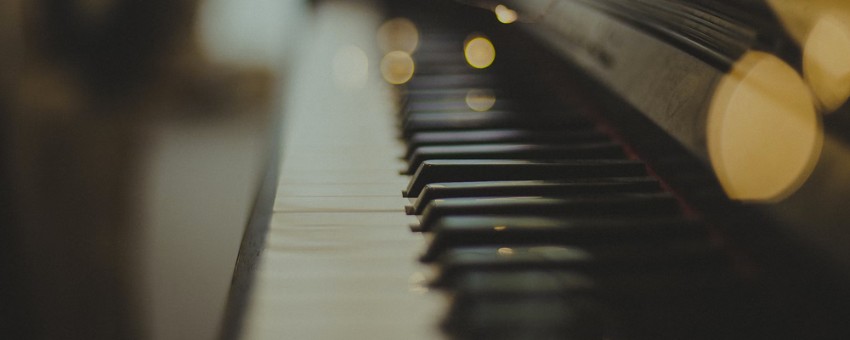
| Can Anyone Tune A Piano?
Tuning a piano is a daunting task, but it is a skill that anybody can learn. Prior to modern technology, tuning a piano required having a good ear, which means being able to hear the correct pitch and knowing whether the note is sharp or flat.
This was vital in tuning a piano because the purpose is to get each string to the right pitch. Piano tuners of the past had to know what each note sounded like when in the correct pitch and be able to adjust the strings accordingly.
Today, though, we have lots of technology at our disposal, and there are tutorials available all over the internet that can help you tune a piano yourself if you so choose.
There are also tuning machines available that can electronically read the note and tell you whether the piano is in tune so that you don’t have to listen for the pitch yourself. Even piano tuners with great ears like to use this method because it quickens the process and minimizes the chance of human error.
That being said, tuning a piano is still a major undertaking and is best to be done by a professional who’s been properly trained and has experience. Pianos are major, expensive instruments and you could cause irreparable damage if you’re not sure what you’re doing.
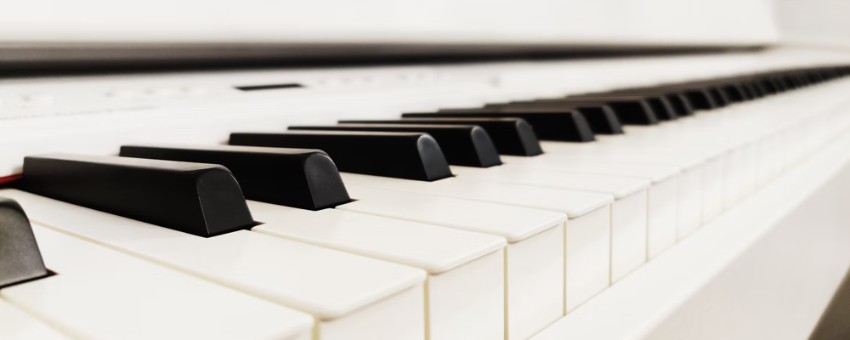
| Where Can I Find Someone To Tune My Piano?
If you are looking for someone to tune your piano, your best bet is to search for someone online. It usually isn’t hard to find someone who’s local and has good reviews. Alternatively, pop into your local music shop or ask the music teachers in town for recommendations.
Do remember that this person will be coming to your house so you want to make a safe decision when deciding who is going to tune your piano.
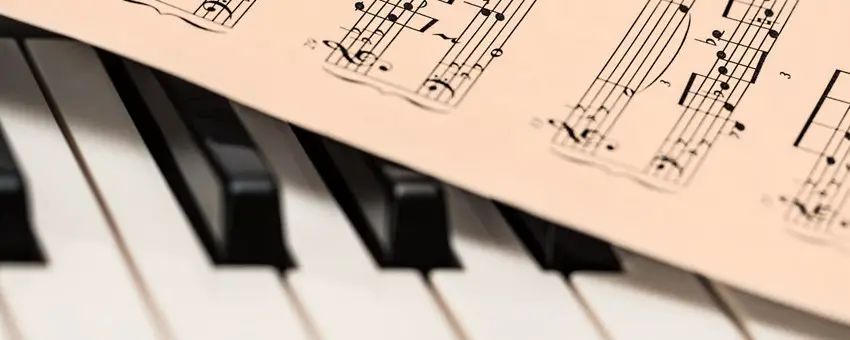
| Conclusion
Pianos are a life-long investment and proper maintenance can ensure that your piano lives to see many more years. Tuning your piano can help you keep the instrument in top shape so it sounds its best and lasts as long as possible.
Want To Know More?
Here at Live Aspects, we have dozens of useful lessons and tutorials created to enhance your music production skills and help speed up the learning process. You can access our huge range of music theory lessons and production tips and tricks here.